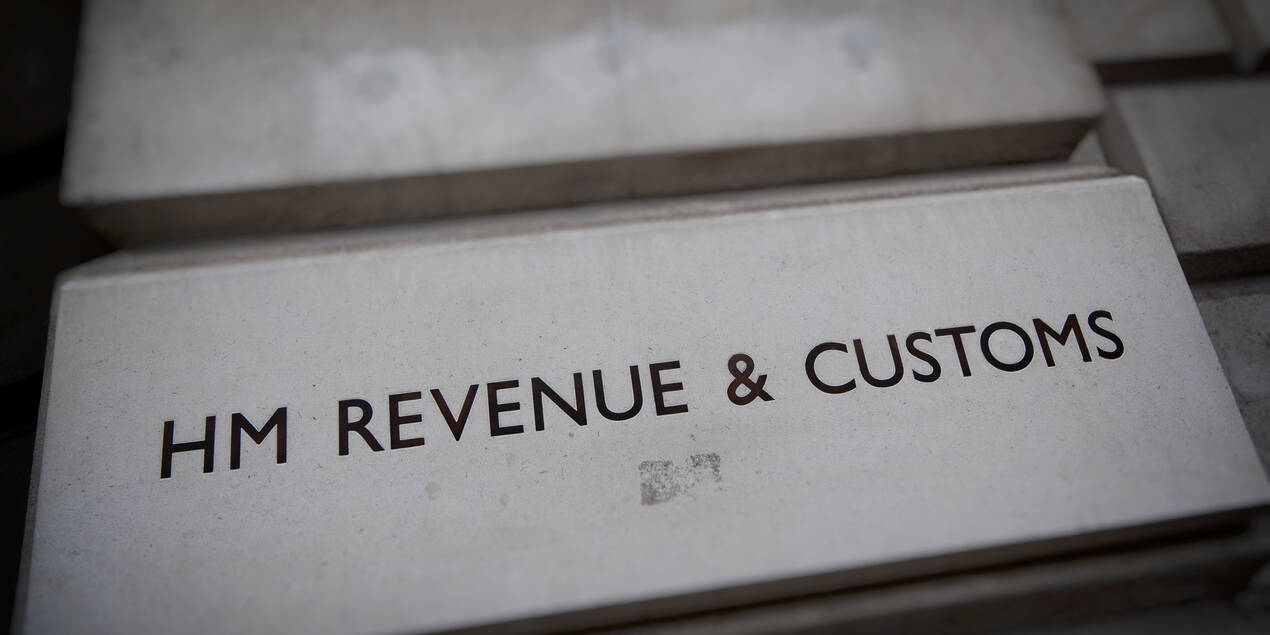Barbourne Brook’s Customs Planning Amid Brexit, Global Freight Capacity, and Covid-19 Impact
Between Brexit, hitting the ceiling of the global ocean freight capacity and the continued impact of Covid-19 on economies, here are some things that Barbourne Brook is bracing for and how they affect customs planning in 2022.
How Supply Chain Issues Will Continue to Impact Customs Planning in 2022, and Beyond.
In 2021, difficulties with international supply chains were well-reported as ocean shipping hit all time highs and there seems to be no sign of easing away from the absolute limit in ocean freight capacity. These levels are unprecedented and, according to a recent thought piece from ING, there is no short-term relief in sight even though new container capacities are in the pipeline.
Price increases for goods and services
Experts say that the result of fierce competition for ocean freight capacity has resulted in a sustained increase in shipping costs that will unlikely stabilise until 2023 at the earliest. Even so, the stability of costs will likely remain above pre-Covid levels due to various factors, including unbalanced economic recoveries and for the UK, Brexit.
What are supply chain leaders doing as they look at 2022 and beyond?
According to a recent Gartner report (Predicts 2022: Supply Chain Strategy), 92% of Chief Supply Chain Officers are expected to adopt new business models over the next five years despite struggling to mitigate risks due to poor visibility, collaboration and resource sharing with their trading partners.
That said, speculations have been made that by 2026, more than half of large organisations will be using machine learning (ML) to augment decision-making capabilities as they compete in digital ecosystems. The impact of the present uncertainties will further motivate more agility in the supply chain as it is becoming more apparent that organisations need to be more flexible and reactive to stay competitive.
How do these supply chain trends affect customs planning in 2022?
Customs Duty Increases
Freight costs have more than tripled on many routes over the last year. As freight costs are a key component of the customs value, this has caused customs duty costs and effective customs duty rates to skyrocket considerably.
To reduce the soaring costs, businesses should look at the raft of customs planning options, including duty relief and Free Trade Agreements (FTAs).
One option that stands out in this specific context is value-unbundling. While regulations require items such as freight costs and insurance to be added to the price of goods to arrive at an acceptable customs value, it also permits other elements to be deducted. For example, goods purchased on payment terms (30, 60 or 90 days) suggest that the importer is paying for the price of goods and provision of finance. Provided if conditions are met, deductions can be made for the provision of finance.
This is just one of the 280 elements within the Barbourne Brook customs planning idea database where deductions can be applied.
Custom declaration cost increases
One of the many ways freight capacity issues have compounded costs is the knock-on effect on customs declaration charges. When Brexit easements are removed in January, businesses will experience this more acutely as complete customs declarations will be needed on all imports (except from Ireland). Needless to say, this will become an extensive and time-consuming process.
Depending on the number of imports and exports, bringing customs declarations in-house is an option worth considering. Training your team to use customs declaration software to its fullest extent may significantly reduce transaction costs. Another option to help reduce costs is to use Customs Freight Simplified Procedure (CFSP) bureaus. Most data needed to complete a customs declaration can be provided from commercial systems to a bureau. Hence reducing time, stress, and costs to complete the influx of declarations, especially once Brexit easements have been removed.
The Barbourne Brook team have been on pulse of the latest Brexit developments.
Brace yourselves for greater scrutiny
Over the last two years, the UK has spent a lot on relief for businesses affected by Covid-19. Shortly before this blog was written, Rishi Sunak announced another £1 billion relief for hospitality businesses affected by Omicron.
The UK exchequer is desperate for taxes to cover spending pledges to refill the coffers. Post-Brexit, customs duties on UK imports belong to the UK. Recent reports criticised HMRC for failing to collect customs duties and enforce compliance obligations.
With all these factors in the mix, things are likely to change – swiftly!
Customs audits happen to businesses by random selection to ensure honesty and transparency. Authorities will likely approach this with a fine-toothed comb in response to the latest criticisms.
In 2022, it is imperative that companies improve training and reinforce their basic understanding of regulations and procedures to avoid costly mistakes. If the in-house team needs support in ensuring that record-keeping processes are water-tight, now is the time to invest to ensure that the business stays on top of the likely increase of post-import audits.
Not quite sure what to expect in a customs audit or need a quick brush-up?
Hit the ground running with customs planning in 2022 by speaking to the Barbourne Brook team
With over 50 collective years of experience from ex-Big four consultants in legal and accounting backgrounds, Barbourne Brook has immense exposure to various sectors and the unique customs requirements they carry. We have a range of planning strategies, including our customs software. Speak to a member of the team to find out how you can navigate towards more savings in time and costs through better customs planning.
Related Posts
24 June 2024
Advance Notice Of Important HMRC Duty Suspension Application and Review Deadline – 3 July 2024
Next Wednesday (11:59pm, 3 July 2024)…
10 June 2024
New Scheme Offers Declaration-Free Exporting To Northern Ireland For B2C Businesses
Businesses selling direct to customers…
18 April 2024
Thyssenkrupp Tribunal Victory Restores Sanity in the Customs World
Import businesses should take heed of…


